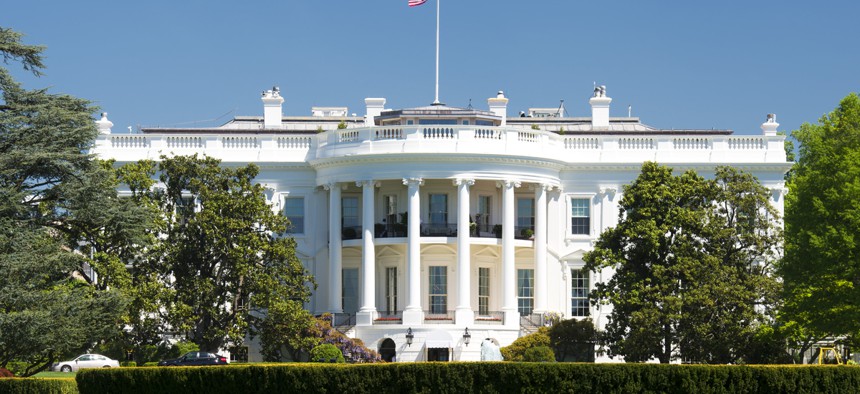White House Cybersecurity Coordinator Leaving Office

Andrea Izzotti/Shutterstock.com
Rob Joyce’s departure comes just a few days after Homeland Security Adviser Tom Bossert resigned.
White House Cybersecurity Coordinator Rob Joyce will leave his post and return to the National Security Agency, where he formerly led defensive cyber operations, the White House confirmed Monday.
The announcement of Joyce’s departure comes less than a week after his boss, Homeland Security Adviser Tom Bossert, offered his resignation.
Bossert’s resignation came a day after John Bolton took over as National Security Adviser from H.R. McMaster.
Reuters first reported Joyce’s departure.
Joyce and Bossert, who effectively led cross-government cyber policy, were widely respected in the cyber policy community and by Republicans and Democrats alike. Their departure leaves a significant void during a time of intense cyber tension between the U.S., Russia and China.
The pair was in the process of shepherding a long-awaited cybersecurity strategy to final approval.
Homeland Security Secretary Kirstjen Nielsen downplayed concerns about Joyce’s departure during a meeting with reporters at the RSA Cybersecurity Conference in San Francisco Monday.
“I just think this is a natural inflection point, when you have a new national security adviser, sometimes the team switches out,” she said.
“There are a lot of people who would like to work in the National Security Council on cyber who are experts and I look forward to working with them when they get there,” Nielsen added.
Joyce will remain at the White House for about one month during which time Bolton is likely to work with him on finding a replacement, Nielsen said.
Joyce’s announcement came the same day as the Homeland Security Department and its United Kingdom counterpart released a joint technical alert warning about Russian intelligence agencies’ efforts to hack into government and critical infrastructure networks.
During his 13 months in office, Joyce helped manage the government’s response to the WannaCry ransomware attack and the NotPetya malware campaign.
He also helped put together a cybersecurity executive order that focused on improving the security of government and critical infrastructure networks and developing international rules of the road in cyberspace.
In November, Joyce released a policy document describing how the government decides whether to disclose newfound cybersecurity vulnerabilities to the affected companies so they can be patched or to keep those vulnerabilities secret and use them to spy on U.S. adversaries.
This article was updated with comments from the White House and Homeland Security Secretary Kirstjen Nielsen.






